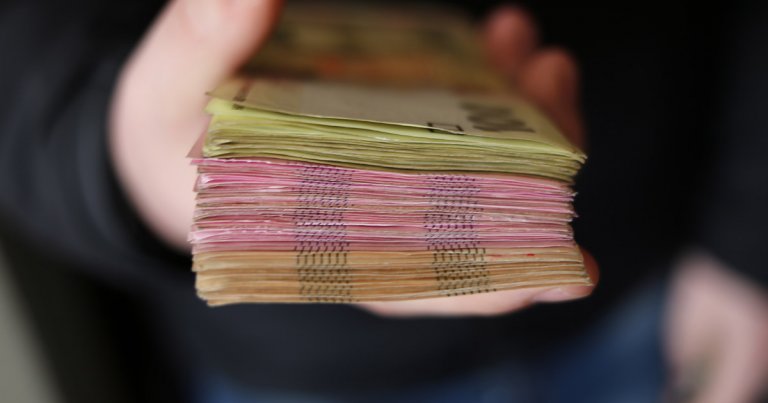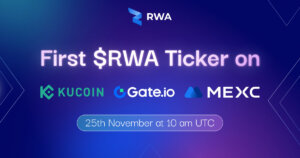 Infrastructure design for DeFi in 2020 starts with cash
Infrastructure design for DeFi in 2020 starts with cash Infrastructure design for DeFi in 2020 starts with cash

Cover art/illustration via CryptoSlate. Image includes combined content which may include AI-generated content.
It’s easy to assume that DeFi is another term to sell the future back to ourselves. After all, where’s the mainstream adoption?
The industry has been looking at it the wrong way. Bitcoin and its brothers and sisters are merely a tool, not a silver bullet to solve all of the world’s problems. It’s about having an alternative to what exists and in this case, an alternative to the traditional financial system.
DeFi will be crucial for markets with little to limited access to the existing financial system — most of which are emerging and developing economies where they will or already have leapfrogged into a digital economy. Serving these economies requires a fundamentally different infrastructure that differs from that of developed economies. DeFi is the ideal candidate.
The reality of cash-based economies
Banks, neo-banks and repackaged financial products are unable to service these emerging economies. Its infrastructure limitations pertain to identity, currency support, cost of transfer and exchange, speed and the biggest factor — cash.
Cash is overlooked but it still remains as the preferred form of money, particularly in Asia and Africa. In countries where there is low money supply we often see that smartphone and internet adoption is high with cash demand even higher and at times at a 50 percent premium. Third-party payment processors and credit card penetration in Asia and Africa is low too, with 70 percent of transactions still done via cash particularly in countries like India, Indonesia, and the Philippines, making cash the go-to form of payment.
Cash is valued because often the traditional financial system is systematically incapable of protecting people’s money and the services are basic due to the high entry requirements for loans, credit cards or insurance. Much of the time government and society is fragmented to the point where blanket solutions get nowhere.
Existing non-bank rails in these economies such as EcoCash, MPesa, Alipay and WeChat all account for cash with ubiquitous cash points which allow customers to cash in and cash out their balances. It’s the consideration for cash that has made mobile money services successful over traditional banking and one which cannot be ignored in making DeFi work.
Designing for cash
There’s a reason why only a few in the cryptocurrency space service cash markets. It’s fundamentally a difficult thing to account for as it requires physical locations or people to exchange with cash and digital balances with users. While there is the option to rely on middlemen to access cash networks, this would quickly add costs and lag. Costs to connect make it as expensive as traditional vendors providing the same service and the outdated APIs make it a nightmare to provide consistent services to customers.
The cash networks for DeFi will look considerably different from the existing ones we often think of like Western Union. They will be more like Uber where independents will become cash points of DeFi networks, where users can exchange their cash and crypto balances back and forth with fees set according to market demand, price discovery and competition in the space. Think of Local Bitcoins but with a wider use case and with more potential.
The psychology of holding a volatile asset doesn’t fair well regardless of the market which is why stablecoins are crucial to any DeFi application. Without the option of digital asset stability before touching DeFi services, there will be very little takers. Stablecoins are a breakthrough for the industry in its pursuit of mainstream adoption. Besides stability, they further provide access to DeFi without needing a bank account.
With more than 30 percent of the world having a bank account, this creates incredible opportunities for DeFi to reach consumers and to provide options outside of the industry’s reliance on bank fiat-on and off-ramp as it does today.
For DeFi to become a global economic engine, cash will be essential.



 Farside Investors
Farside Investors 


 CoinGlass
CoinGlass 

























































































